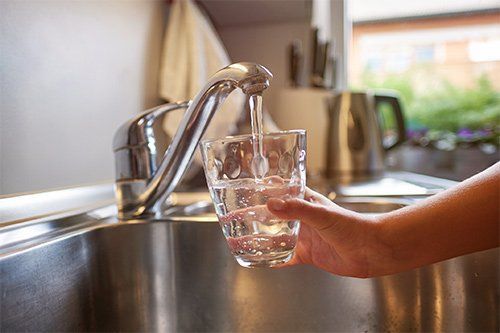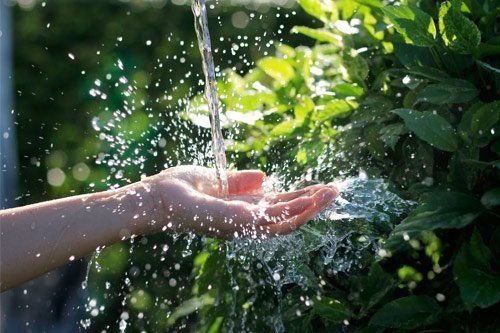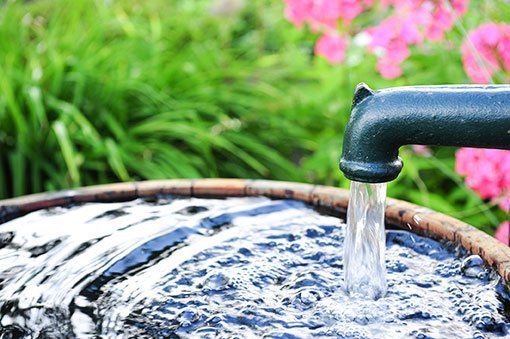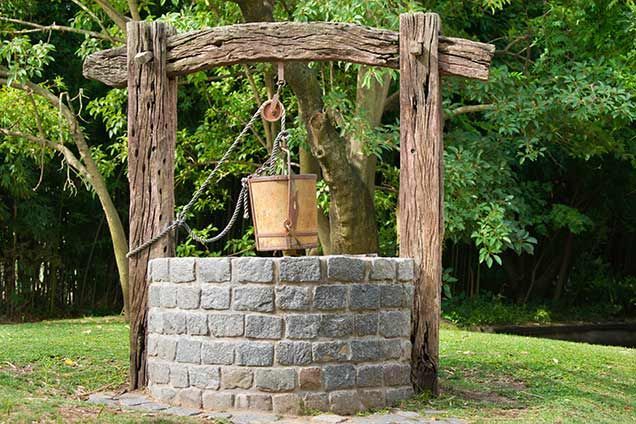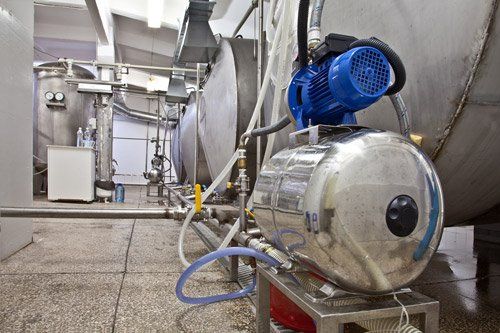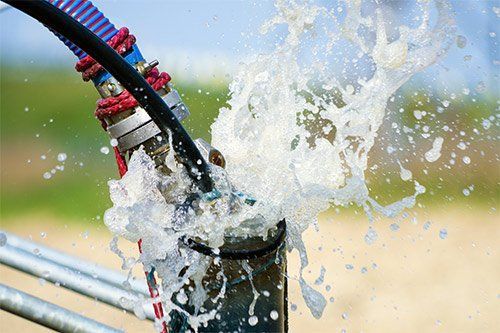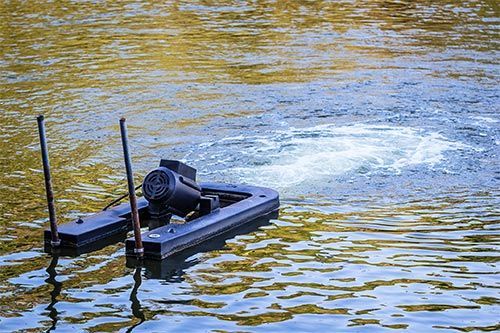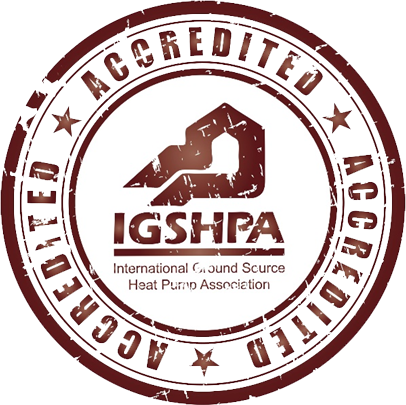How Do You Know If Your Water Is Safe?
August 15, 2018

Your water looks fine. It's clear, and you don't see anything floating in it. Does that mean you're getting the safe, quality tap water that you expect?
Unfortunately, looking at your water won't necessarily clue you into a potential problem. If unknown substances lurk in your water, they could be making you sick or jeopardizing your daily activities.
How can you find out what's in your water, and what can you do about its quality?
CONSUMER CONFIDENCE REPORT
What's the quality level of your drinking water? Your community's Consumer Confidence Report (CCR) provides the information that you need when it comes to local water. Don't worry about digging through government websites or fighting bureaucratic red tape just to get your CCR. The Environmental Protection Agency (EPA) requires all community water systems to provide residents with an annual CCR.
The EPA's CCR rules mandate that water suppliers send these drinking water quality reports out by July 1 of each year. In the event that you don't get a CCR in July, contact your water supplier. They must provide you with a copy of the report.
The CCR includes a comprehensive guide to what is in your drinking water (that is, over the past year). This includes where your water is coming from, risks of contamination, regulated contaminants that are present in the water, potential health effects from contaminated water, any applicable actions to correct and restore a safe drinking water supply, and educational information.
PRIVATE GROUND WATER WELLS
Only residents who get their water from a public water supplier are entitled to CCRs. You won't get a CCR if you live in an area that gets its water supply from a private groundwater well. Private groundwater wells do not fall under the EPA's regulations, meaning that the owners of the wells are responsible for testing the drinking water.
Like public water supplies, private wells can also produce contaminated water. The groundwater that private wells contain can sometimes have contaminants, and these substances can cause health issues in anyone who drinks or uses the water.
Remember, contaminated water isn't always noticeably polluted. Many contaminants, like bacteria, aren't visible to the human eye. If you use a private well, getting your water routinely tested by a private lab is absolutely essential to ensure its safety.
Both private wells and public water sources should be routinely tested. Make sure your test looks for the following:
- Coliform bacteria
- E. coli (fecal coliforms)
- Nitrates
- Sulfate
- Volatile organic compounds (VOCs)
- Heavy metals, such as iron and manganese
Ask your water test provider to also let you know about the pH level, the total dissolved solids, and the hardness of the water. These factors affect how your water tastes and how much residue it will leave on your pipes and plumbing fixtures.
PRIVATE WELL MAINTENANCE
If you get water from a private well, make sure to have the water tested annually, as well as anytime you suspect a problem. For example, if you notice a significant change in the taste of your water, undesirable substances may have found their way into your well. You can make it easy to remember this important step if you schedule regular well check-ups.
Does your well have chronic problems with contamination? You may be able to solve the problem if you add a filtration system or update your current one. Again, a well maintenance specialist can advise you on the best filter options or pinpoint larger issues that may be affecting your well.
Trust Henry Drilling anytime you need well water testing services
or other well maintenance. We can even drill a new well for you if you'd like to switch to a private water supply on your property.

